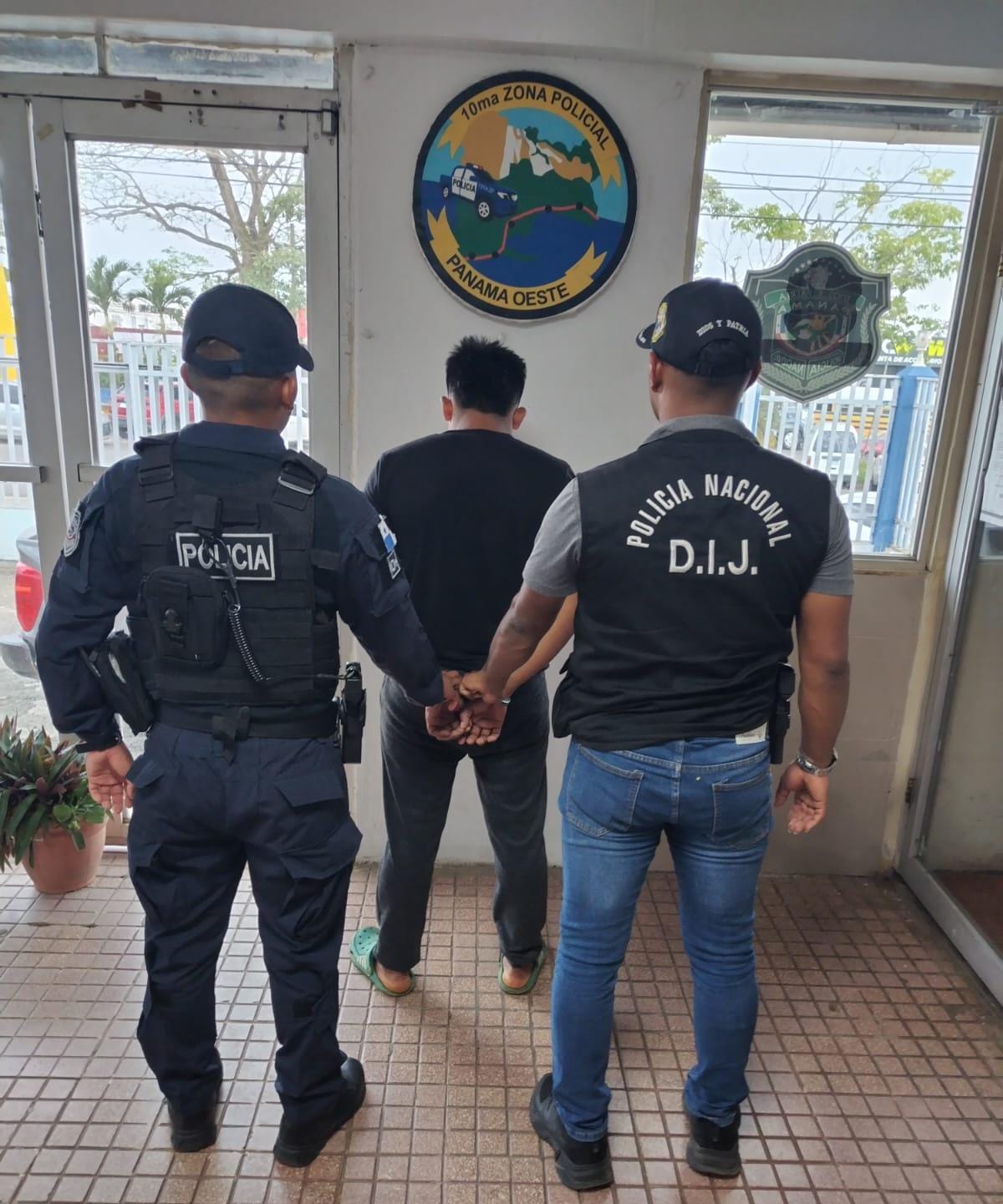WHAT THE PAPERS SAY: End of the Silk Road

IF BY CHANCE you have been a local user of the “Silk Road” website you might decide it’s time to go into hiding.as your identity has been uncovered.

The Week, carried this story, October 3:
ROSS ULBRICHT, the man believed to be behind Silk Road, a notorious underground website which allowed visitors to buy illegal drugs and even hire assassins, has been arrested by the FBI.
The site was taken offline yesterday[Tuesday October3] after the 29-year-old was arrested "without incident" at a public library in San Francisco.
Ulbricht, apparently known to the online community as Dread Pirate Roberts, has been charged with narcotics trafficking, computer hacking and money laundering, The Times reports.
It is also alleged that in March he tried unsuccessfully to hire a Silk Road user to "execute a murder-for-hire of another Silk Road user who was threatening to release the identities of thousands of users of the site". Here are answers to five key questions about Silk Road and its alleged mastermind:
Silk Road was an "onion site" – what does that mean? The term identifies secretive sites which are hidden from regular browser searches. They can only be accessed using an encryption program called Tor which gives users "complete anonymity", explains Channel 4 News. The items bought on Silk Road were purchased using virtual currencies such as Bitcoin, which made it very difficult for police to "link transactions to individuals".
What did the site sell? First and foremost, it was the web's "busiest bazaar for heroin, methamphetamines, crack, cocaine, LSD, ecstasy and enough strains of marijuana to put an Amsterdam coffee shop to shame", says Forbes. It also traded black market cigarettes and forged documents. Law enforcement agencies claim the site also sold guns, instructions on how to hack computers and ATMs and allowed users to hire assassins.
Was it making money? Absolutely. After launching two-and-a-half years ago, Silk Road was being visited by about 60,000 people a day and was making transactions worth hundreds of thousands of dollars a year. Roberts was also doing well thanks to the 10 per cent commission his site charged on most transactions. Its runaway success made him a target for law enforcement agencies and jealous rivals.
How did the FBI track him down? Dread Pirate Roberts – a reference to a mysterious pirate in the movie Princess Bride – was notoriously secretive. His alleged identity and location were uncovered after an exhaustive search by an FBI agent referred to in court documents as Agent-1. Roberts first came to the agency's notice when a user calling himself Altoid began promoting Silk Road on an online forum discussing magic mushrooms. Months later, Roberts/Ulbricht made a fatal slip by attaching his email address to an online posting enquiring about IT consultants with Bitcoin expertise.
Using records obtained from Google, the FBI was able to focus its search on San Francisco. In July of this year, the agency made another breakthrough. "By coincidence, a routine border check of a package from Canada discovered forged documents for several fake identities all containing photographs of the same person," reports the BBC. "It was headed to San Francisco's 15th Street. Homeland security visited the address, and found the man in the photographs – Mr Ulbricht."
What are the implications of Ulbricht's arrest? Silk Road's alleged founder "isn't the only one in serious trouble", writes BuzzFeed. People who bought and sold drugs on the site will be concerned their activity and identities will be uncovered by law enforcement agencies. Many dealers will also be sweating because the large sums of money transferred into Silk Road Bitcoin accounts by people intending to buy drugs "will no longer be available", says BuzzFeed.
"Silk Road has processed hundreds of millions of dollars in orders in a virtual currency, so expect the ripple effects of this shutdown to be massive.





